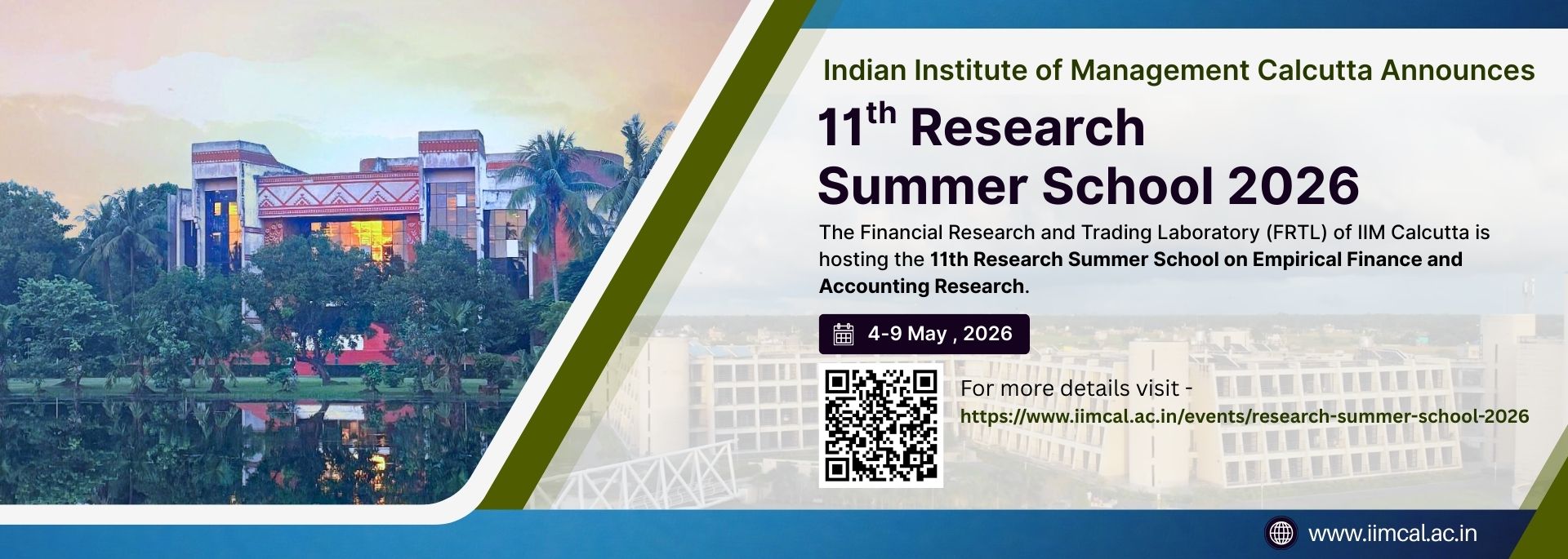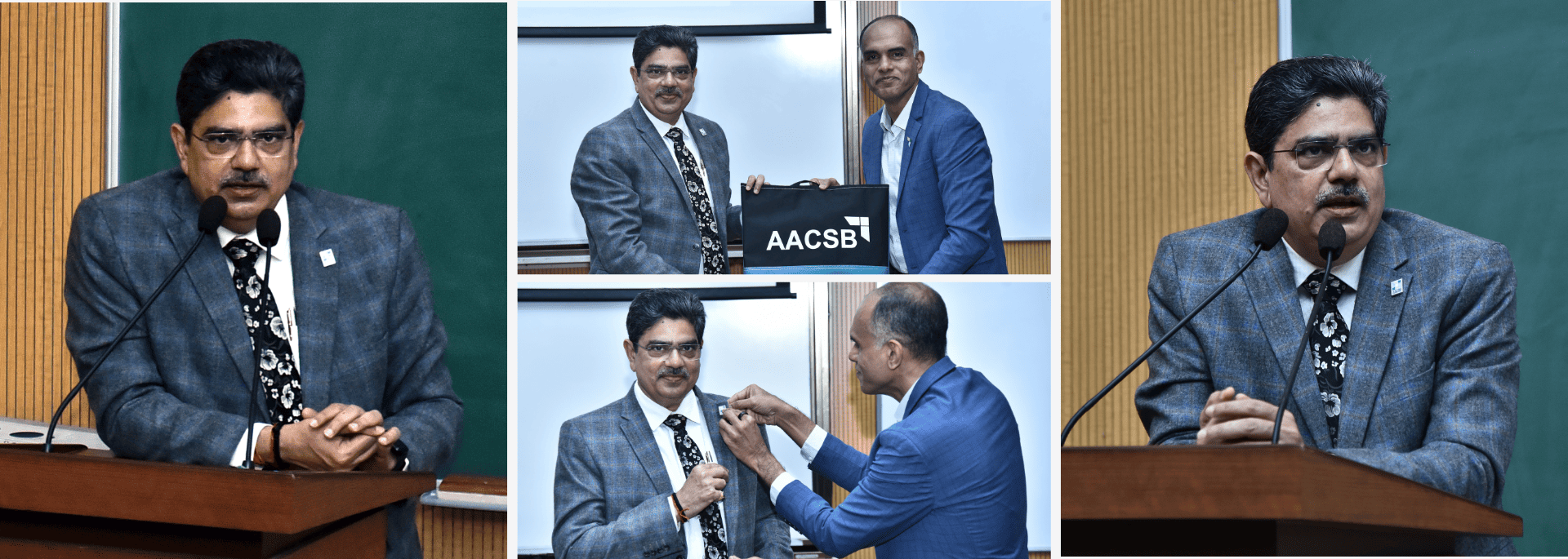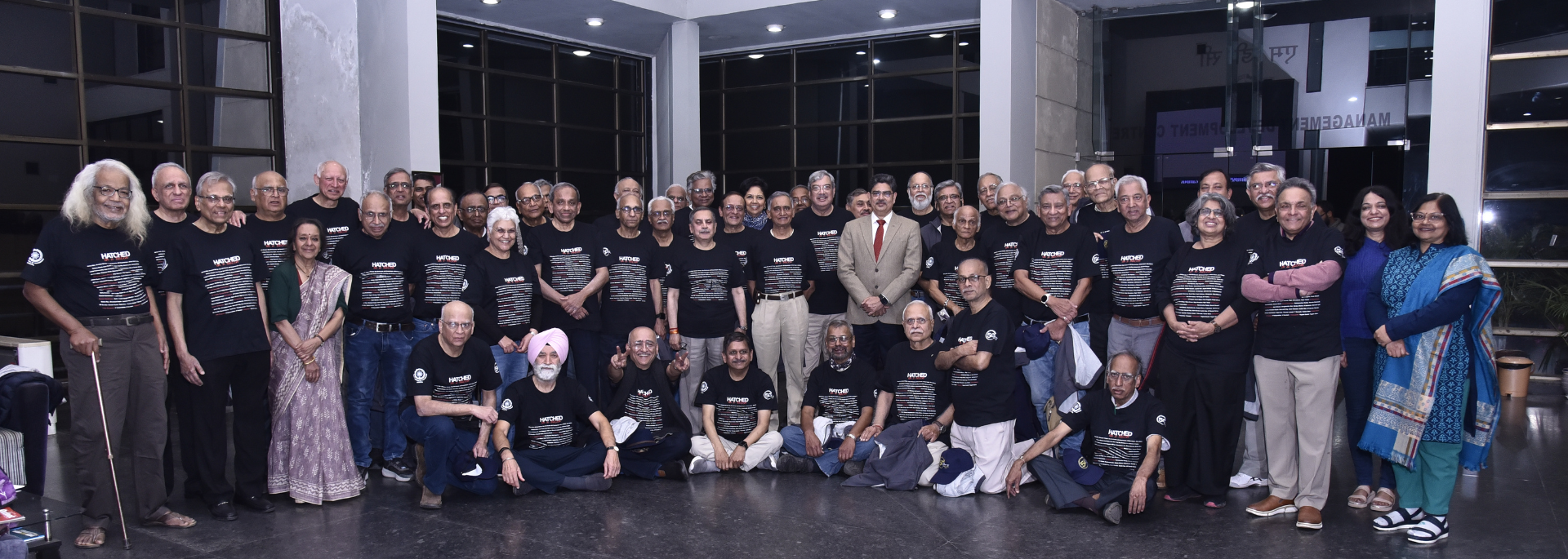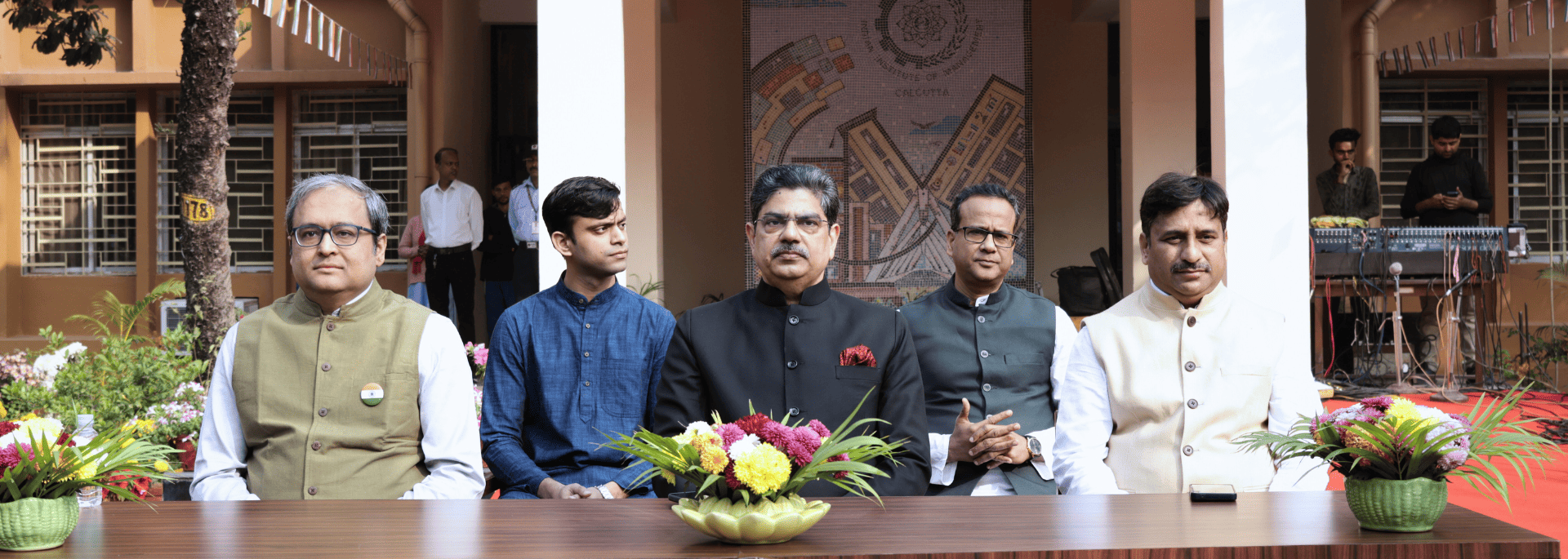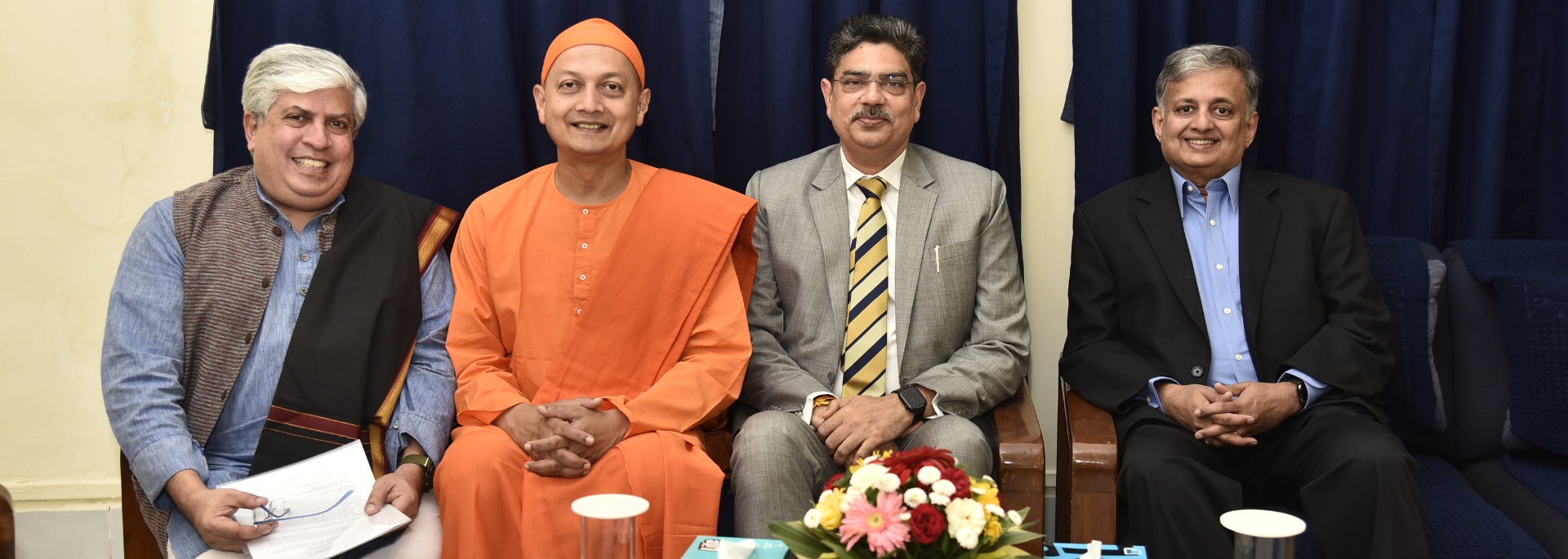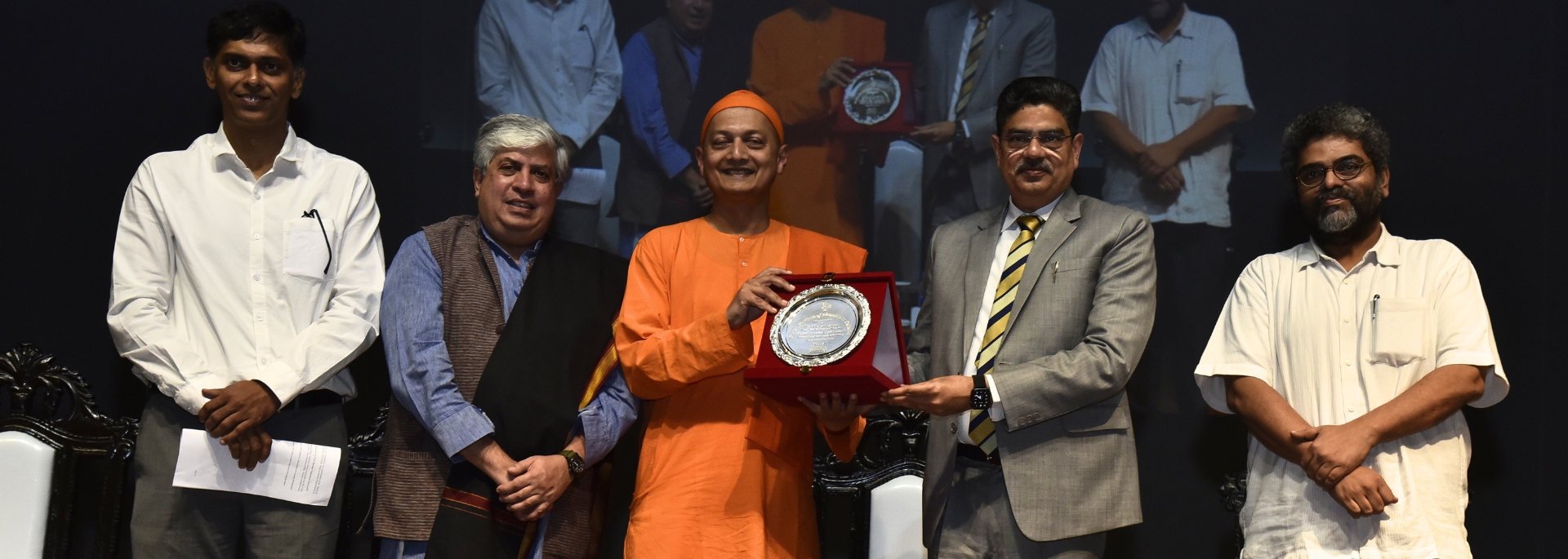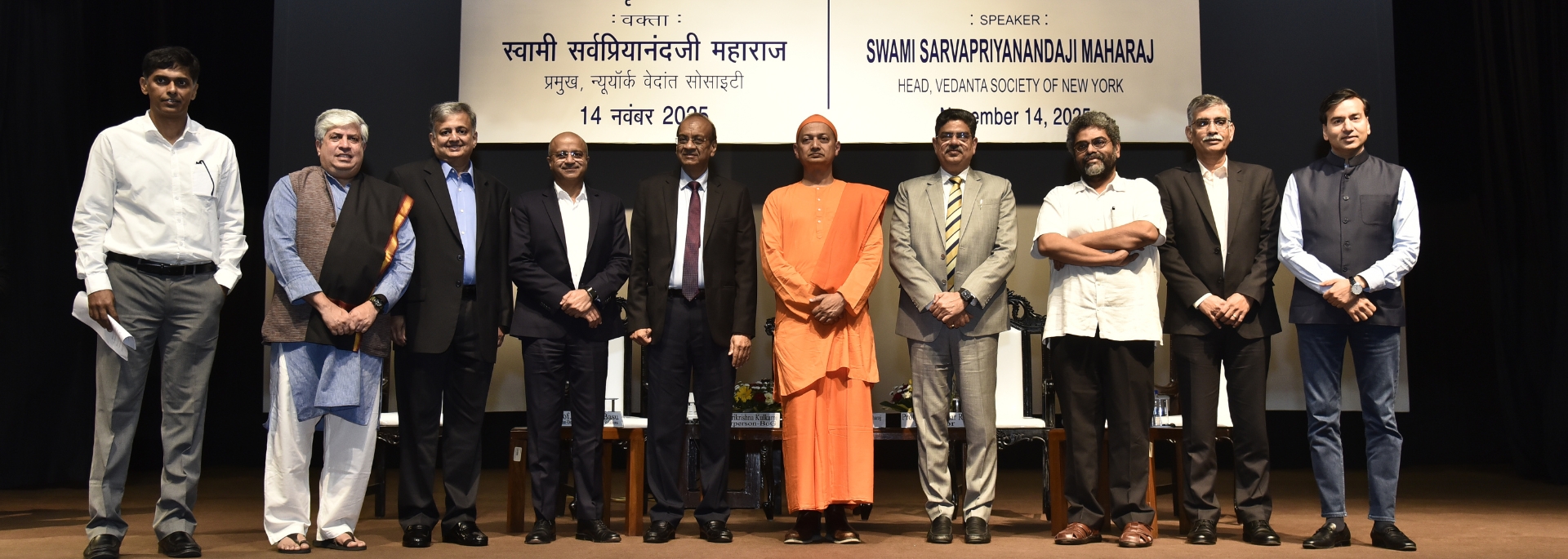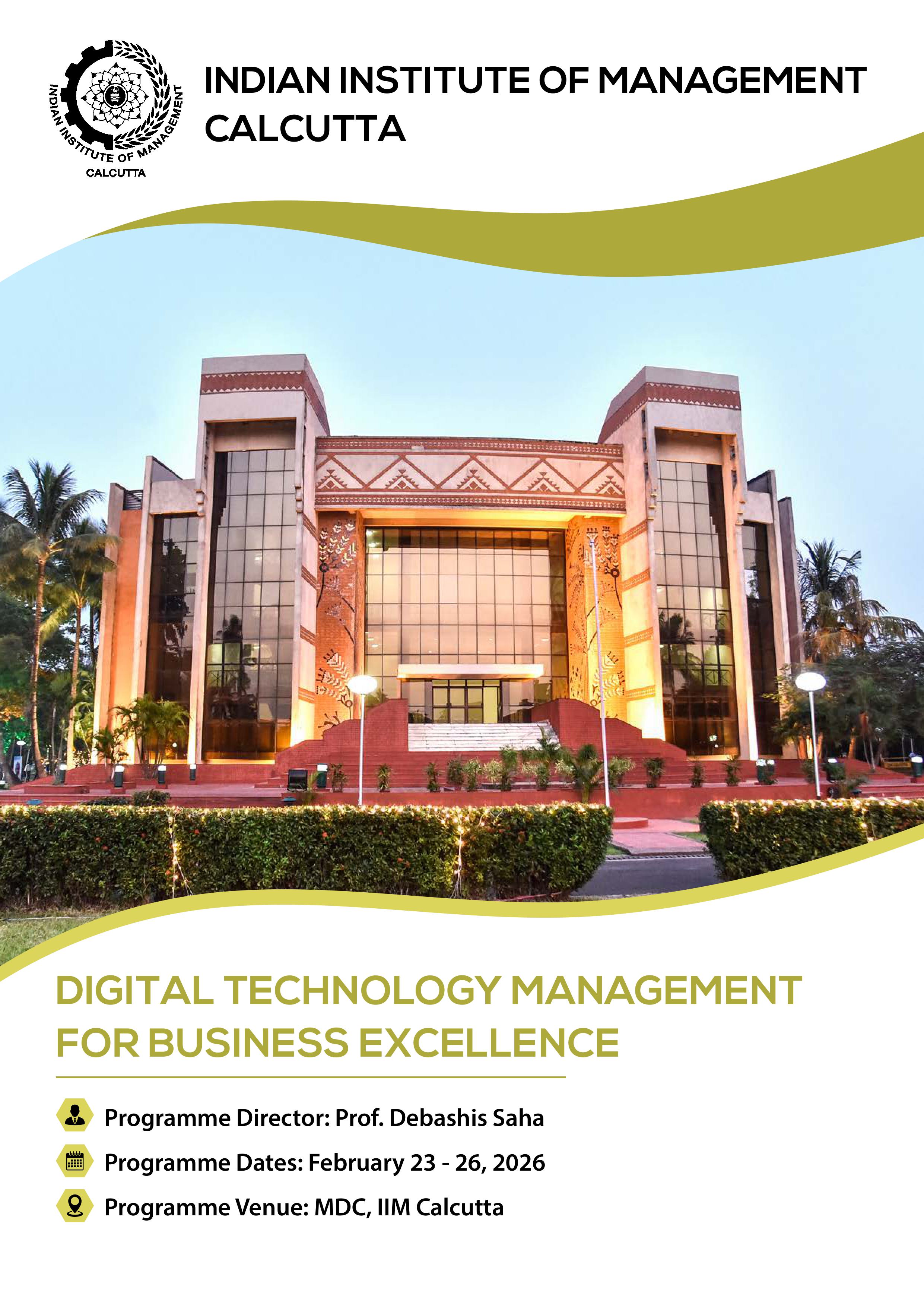Programme Overview
With the rapid proliferation of AI, business leaders have come to understand that ‘DIGITAL’ has become the hygiene factor for business today, and it has the disruptive power to upend traditional business models. They realize that it’s time to define a business transformation strategy that is inspired by the capabilities of technologies, such as artificial intelligence (AI), machine learning (ML), cloud, 5G mobile, quantum computing, big data analytics, social media, IoT, blockchain, robotics, augmented/ virtual reality (AR/VR), 3D printing, Industry 4.0, and others. Yet many companies are falling behind the competition in the strategic use of digital technology simply because their non-technical managers are clueless about the suitable business use cases arising out of these technologies. These senior leaders are lagging behind, as they are unable to fathom the multifarious facets of ‘DIGITAL’ through a business lens – explained in simpler terms using the language of management. Unless demystified non-technically, digital technologies will remain an enigma to them, preventing them from thinking the ‘DIGITAL’ way. They will continue to struggle to figure out which technology will work for the company, and how to embrace those without much hiccup. Keeping this emergent requirement in mind, this programme provides a comprehensive foundation for understanding the digital technologies in a simple nontechnical manner to help the managers overcome their digital deficiency.
Programme Objective
The programme is designed to help business managers feel comfortable with digital technologies, such as GenAI, so that they can participate confidently in digital investment decision processes, can propose where digital fits into their organizations, can recommend how to generate value from digital, and can innovate ways to leverage digital better for competitive advantage. They will also come to know where digital is heading to, how to maintain a digital focus, and how to govern digital portfolio well. Being armed with real-life examples that can be used to adjust and improve their organizational processes, managers will walk away thinking confidently about the business disruptions brought about by the digital technologies. They will gather the basic skill to drive enhanced business performance through the use of digital technology, work with digital experts toward making better decisions, and take part in digital transformational changes in their organizations.
Key Topics
Keeping focus on digital leadership and technology strategy for today’s global environment, key areas of discussion will include:
- Thinking Digital: Exposure through use cases to the digital technology portfolio consisting of artificial intelligence, machine learning, cloud, mobility, analytics, social media, IoT, blockchain, robotics, augmented/virtual reality, Industry 4.0, and others.
- Data-driven decision-making: How to imbibe an AI/ML and data analytics culture inside the organization to create new business opportunities, generate more revenue, predict future trends, optimize current operational efforts, and produce actionable insights using data points, metrics, and facts that help leaders take strategic decisions aligned with business goals and initiatives.
- Business Transformation Roadmap: Understanding the digital transformation and knowing how and who to ask business transformation-related questions can immensely help business leaders make great strides toward creating a successful organizational change roadmap, keeping people and culture in mind as well.
- Digital Platform: How to build a well-managed, standardized, shared digital architecture which will be the foundation of digital platform designed for business agility. A digital platform evolves over time with the induction of exponential technologies, such as GenAI, ML/DL, traditional AI, blockchain, IoT, augmented/virtual reality, 3D printing, and quantum computing, on top of the basic platform created with cloud, mobility, analytics, and social media.
- Platform Business Model: How digitalization is leading to the creation of ‘digital twins’ on digital platforms based on which innovative business models are coming up. How AI, Industrial IoT, and Industry 4.0 are aiming at servitization and mass customization for customer delight, new product innovation, novel business model, etc.
- Digital Ecosystem: How to form an ecosystem of interdependent groups of enterprises, people, data, and/or things by sharing standardized digital platforms. The ecosystem partners enable collaboration and provide mutually beneficial results to all stakeholders involved. The ultimate goal is to create a digitally integrated business ecosystem that can quickly adapt to the ever-changing needs of market.
- Digital Strategy & Governance: Digital technologies are game-changing in helping solve customer problems because they deliver three critical capabilities: ubiquitous data, unlimited connectivity, and massive automation. Those capabilities make possible entirely new revenue streams. However, any digital strategy to be effective requires active involvement from top management in governing the digital maturity through rapid adoption and exploitation.
Programme Directors
Who May Attend
This programme is designed for business leaders, function heads, SBU heads, team leaders, and CXOs (irrespective of their domain of work), who want to gain a managerial perspective of the role digital technologies can play within their organizations. The content is especially relevant for non-technical managers with digital responsibilities. Notwithstanding, technical managers may also find this programme useful to gain a better perspective on how to work productively with the company’s business executives.
Programme Duration and Delivery
- From the morning of February 23, 2026 till the afternoon of February 26, 2026
- Face to face - classroom based
Pedagogy
Delivery would be through a balanced mix of experience sharing, classroom lectures, discussions, case studies on success stories of companies, and reflections on real-life corporate examples. Lecture inputs are primarily drawn from contemporary studies and survey findings on the topic. Discussions will be experiential and interactive through individual and/or group presentations, and/or role plays, and/or in-class exercises.
How to Apply
- You can apply/nominate your personnel by clicking on the “Apply Now” link corresponding to the particular MDP, as appearing on our online calendar available at: https://iimcal.ac.in/mdp/mdp-calendar
- To apply directly for this MDP please click on https://application.iimcal.ac.in/mdp-apply-now/5677
- Once the candidature(s) is (are) approved, the sponsoring authority or participant (in case of self-nomination) will be intimated over email along with a Proforma Invoice seeking programme fees in advance.
- Programme fees can be remitted online through Electronic Fund Transfer (NEFT/RTGS).
- Upon remitting the fees online, kindly intimate Executive Education Office with the UTRNo. /relevant transaction details through email, so that we can connect your remittance to your nomination(s). Please note that confirmation of participation is subject to receipt of Programme fees by CMDP Office before commencement of the MDP.
For further assistance, please connect with:
Name: Ms. Payel Majumder
Number: +91 33 7121 6012
Email ID: program_mdp[at]iimcal[dot]ac[dot]in



